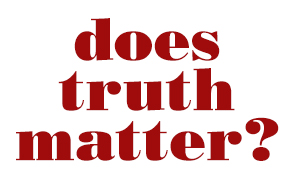Joshua Tepley
 Dr. Joshua Tepley is an Associate Professor and Chair of the Philosophy Department at Saint Anselm College, where he has taught for the last decade. He received his B.A. in Philosophy from Bucknell University (2004) and his Ph.D. in Philosophy from the University of Notre Dame (2013). His research interests include free will, personal identity, ontology (the study of being), and the intersection between philosophy and science fiction.
Dr. Joshua Tepley is an Associate Professor and Chair of the Philosophy Department at Saint Anselm College, where he has taught for the last decade. He received his B.A. in Philosophy from Bucknell University (2004) and his Ph.D. in Philosophy from the University of Notre Dame (2013). His research interests include free will, personal identity, ontology (the study of being), and the intersection between philosophy and science fiction.
Contact
Joshua Tepley
jtepley@anselm.edu
Joshua Tepley's Programs

Book Group - Philosophy; Speculative fiction; Short stories
Joshua faciliates book groups related to philosophy, speculative fiction and short stories. If you are interested in reading books on these topics, please reach out to josh directly to confirm interest and availablity.
Contact
Joshua Tepley
jtepley@anselm.edu
Book groups offer an opportunity for participants to engage with diverse perspectives in the humanities through literature to build understanding, empathy, and to support a culture of reading in the Granite State. New Hampshire Humanities provides expert facilitators; host organizations must provide the books.
Open Questions: Can Machines Think?
Open Questions is a series of thought-provoking community conversations presented by New Hampshire Humanities. This series explores essential questions about meaning and life that are important to Granite Staters. Each program is facilitated by philosophy professors who will explore essential questions about meaning and life.

Open Questions: Does Truth Matter?
Open Questions is a series of thought-provoking community conversations presented by New Hampshire Humanities. This series explores essential questions about meaning and life that are important to Granite Staters. Each program is facilitated by philosophy professors who will explore essential questions about meaning and life.